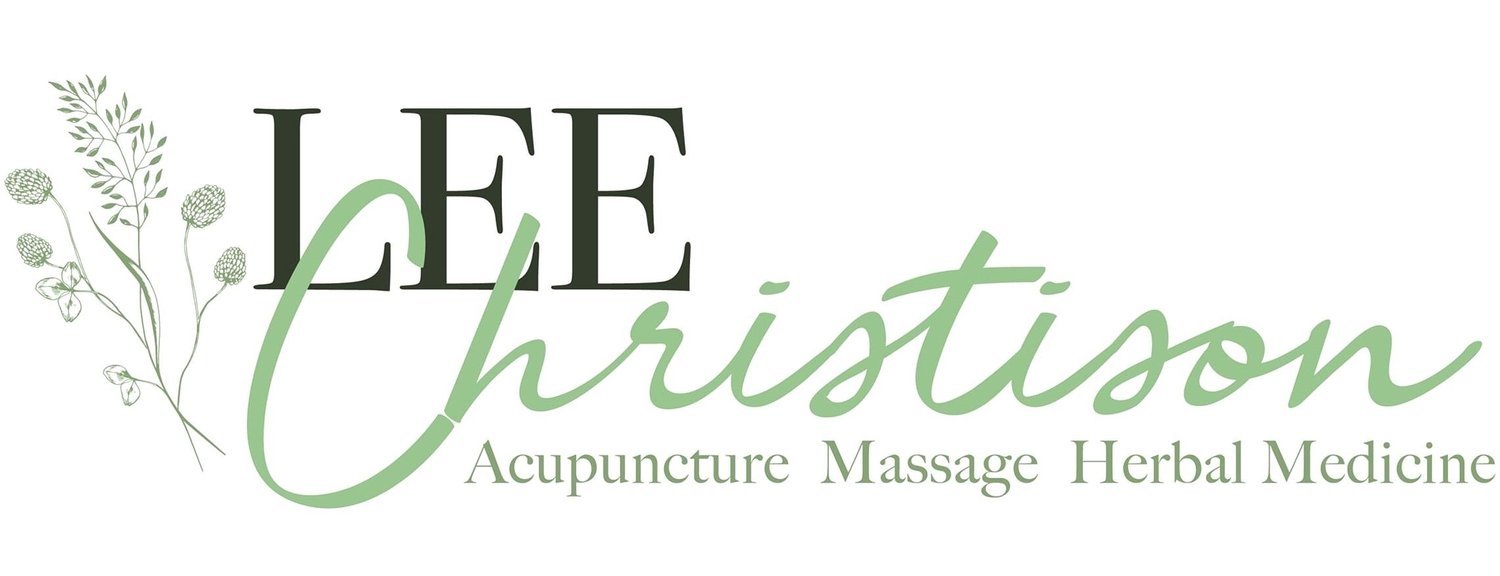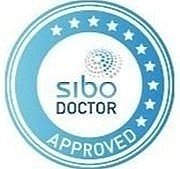Transcutaneous vagus nerve stimulation (tVNS) is a non-invasive form of vagus nerve stimulation that has attracted considerable attention in recent years for its potential to treat various medical conditions, including irritable bowel syndrome (IBS).
tVNS involves the application of a small electrical current to the skin overlying the vagus nerve, typically at the ear and shoulder. Treatment typically last around 20 minutes and is generally found to be very calming and relaxing. A gentle pulse is felt around the ear. Persons receiving the treatment can lie down on a massage table, close their eyes and drift off into a peaceful state.
There is a growing body of research suggesting that tVNS might offer a safe and effective treatment option for IBS patients.
Key mechanisms tVNS might alleviate IBS
Some of the key mechanisms by which tVNS might work to alleviate IBS symptoms include:
Modulation of the autonomic nervous system to improve the balance between the sympathetic (fight or flight) and parasympathetic (rest and digest) branches of the autonomic nervous system. tVNS can help to switch the body into parasympathetic mode which enables functional and “happy” digestive processes.
Modulation of inflammation by reducing the levels of pro-inflammatory cytokines in the lining of the gut. These inflammatory proteins are known to play a role in the development and persistence of IBS symptoms.
Improvement in intestinal motility by enhancing the coordination of contractions in the gastrointestinal tract, leading to improved motility and reduced symptoms of constipation or diarrhoea.
A number of small studies have suggested that tVNS might be effective in reducing the severity and frequency of IBS symptoms. For example, a 2016 study published in Neuromodulation: Technology at the Neural Interface found that tVNS significantly improved quality of life and reduced abdominal pain in patients with IBS. Another study, published in 2017 in the Journal of Neuro-gastroenterology and Motility, reported that tVNS improved gastric motility in IBS patients.
tVNS shows promise as a non-invasive, relatively low-risk treatment option for people suffering from IBS
If you are interested in finding out more about transcutaneous vagus nerve stimulation and whether it may be appropriate for you, contact Lee here.
Lee offers tVNS session at her clinic in Castlemaine.






